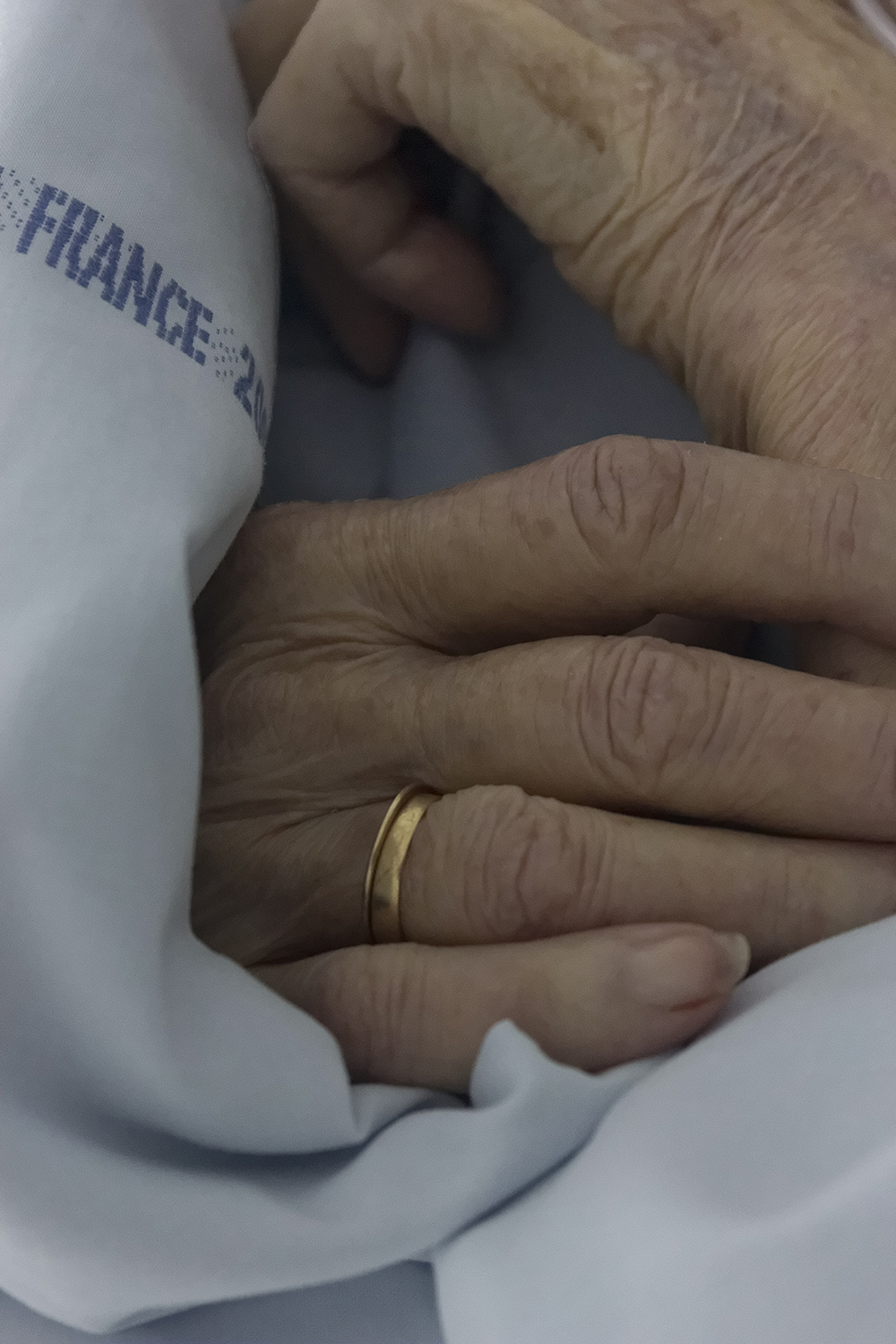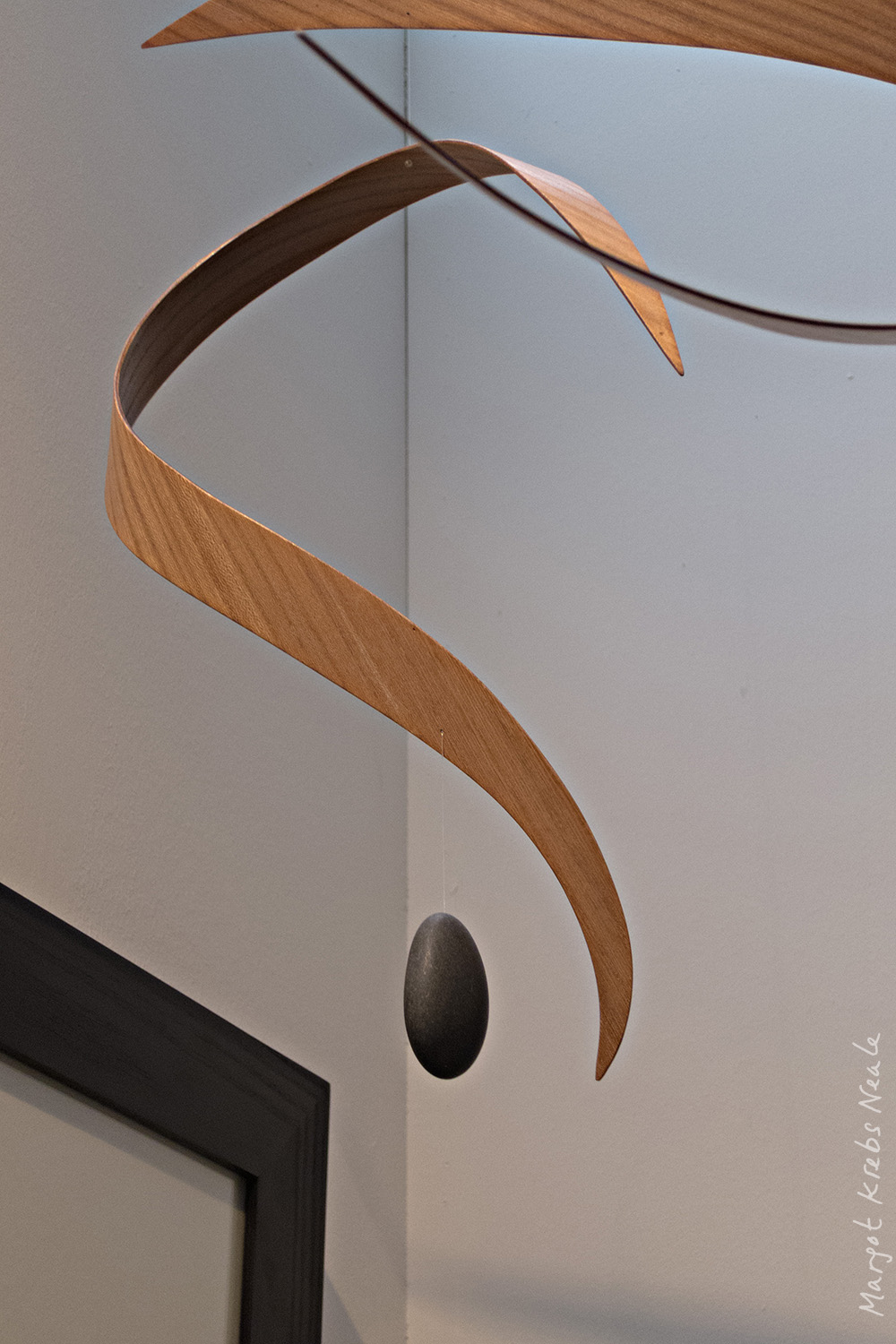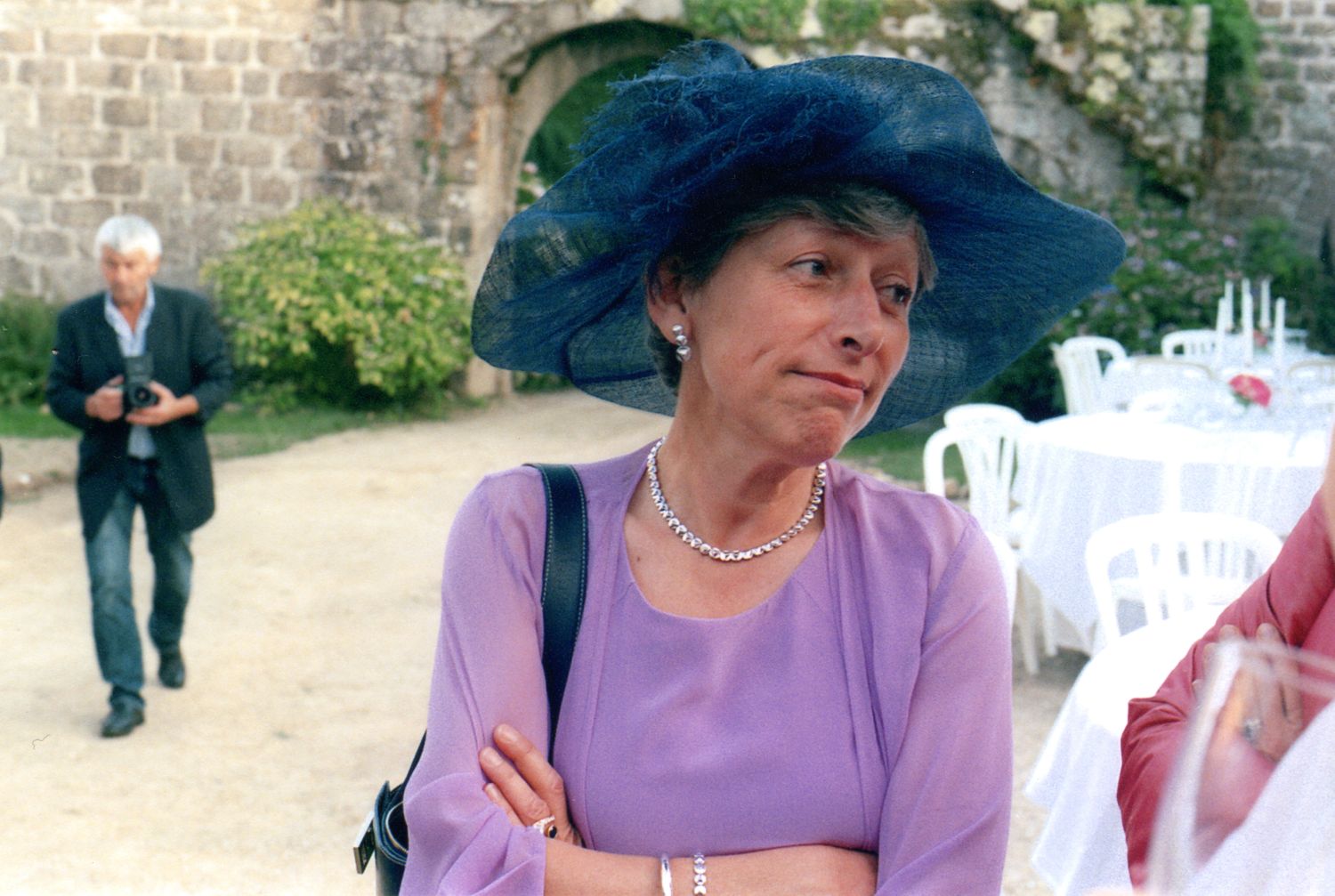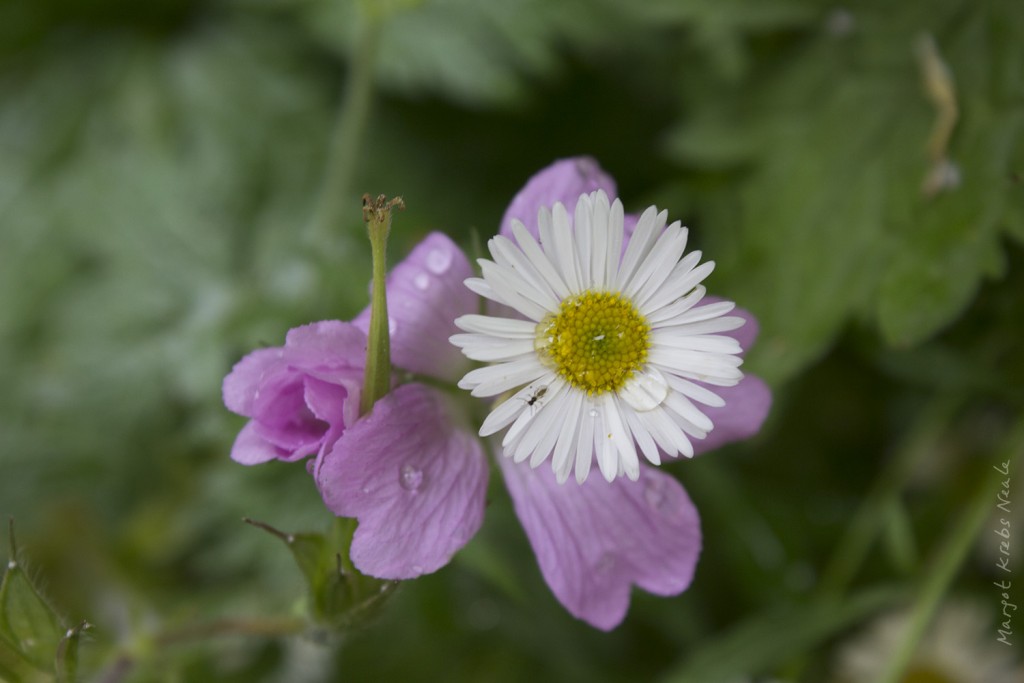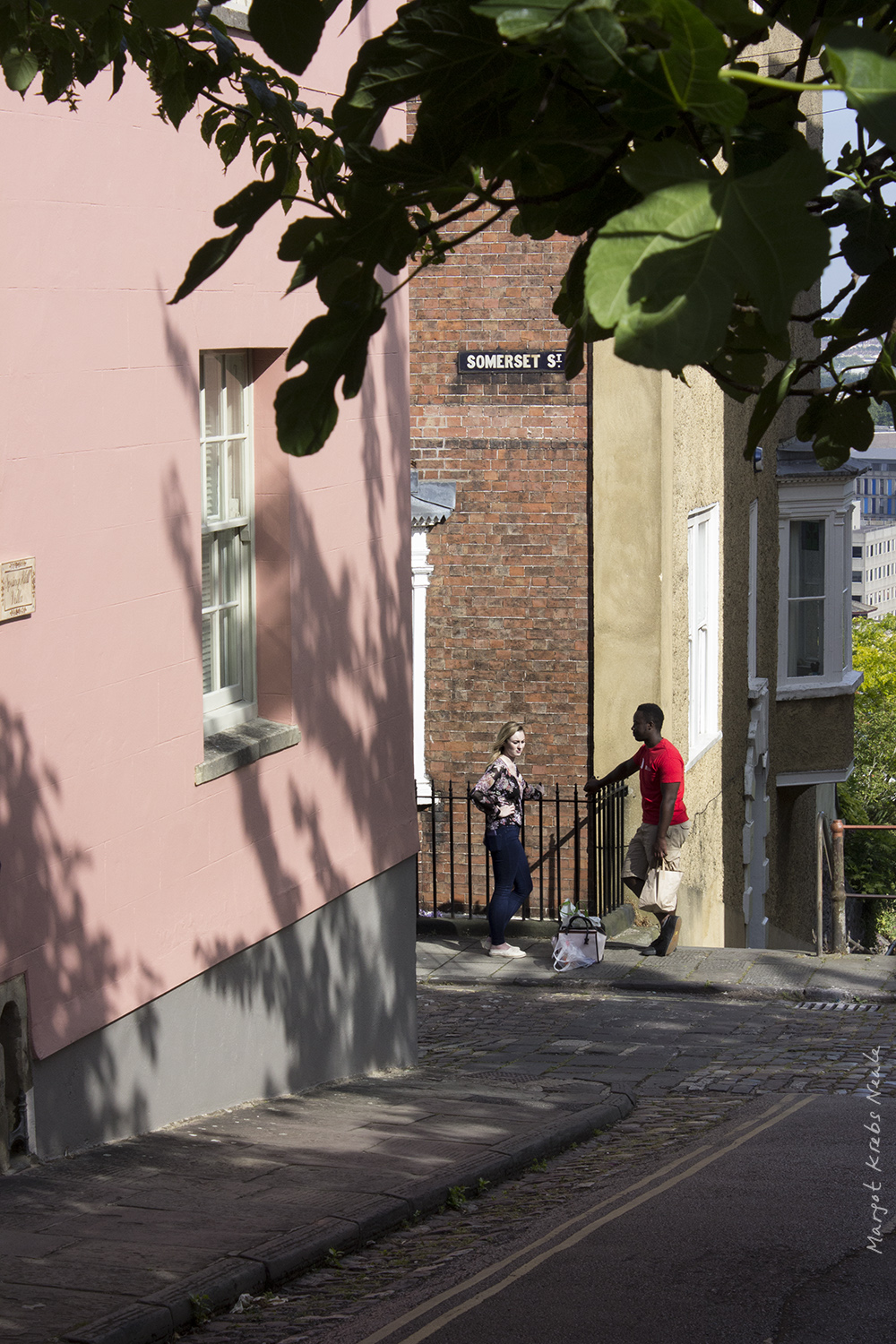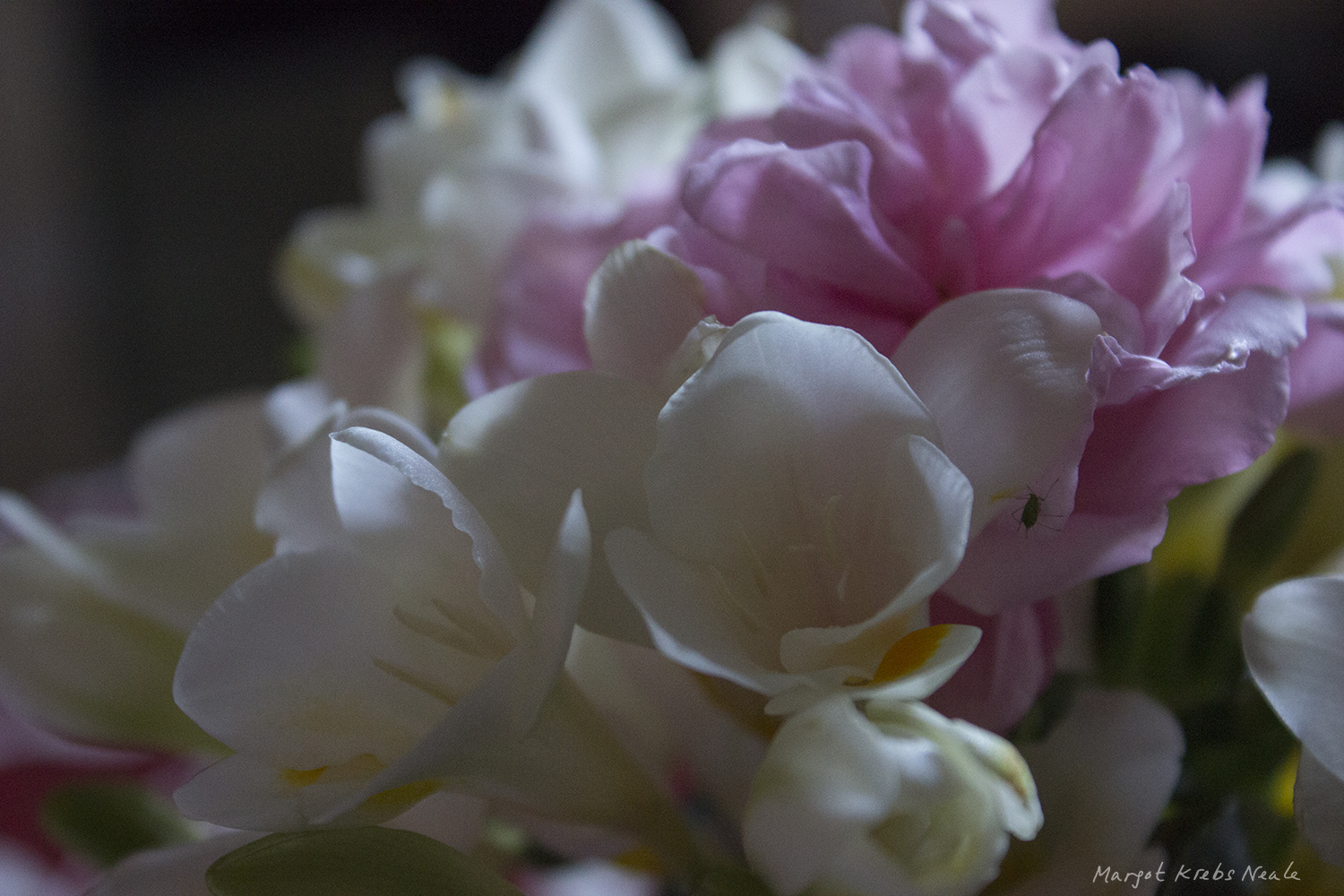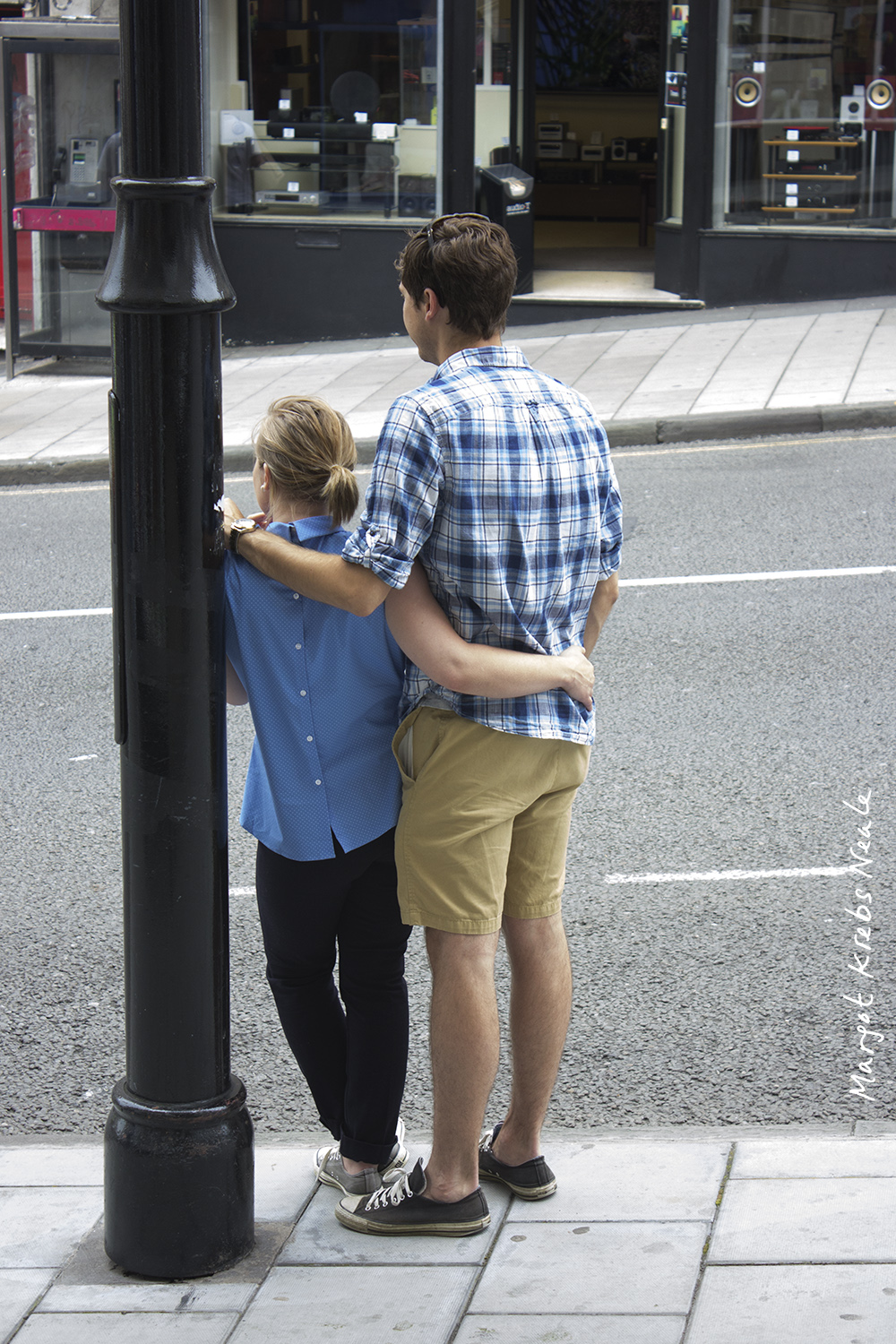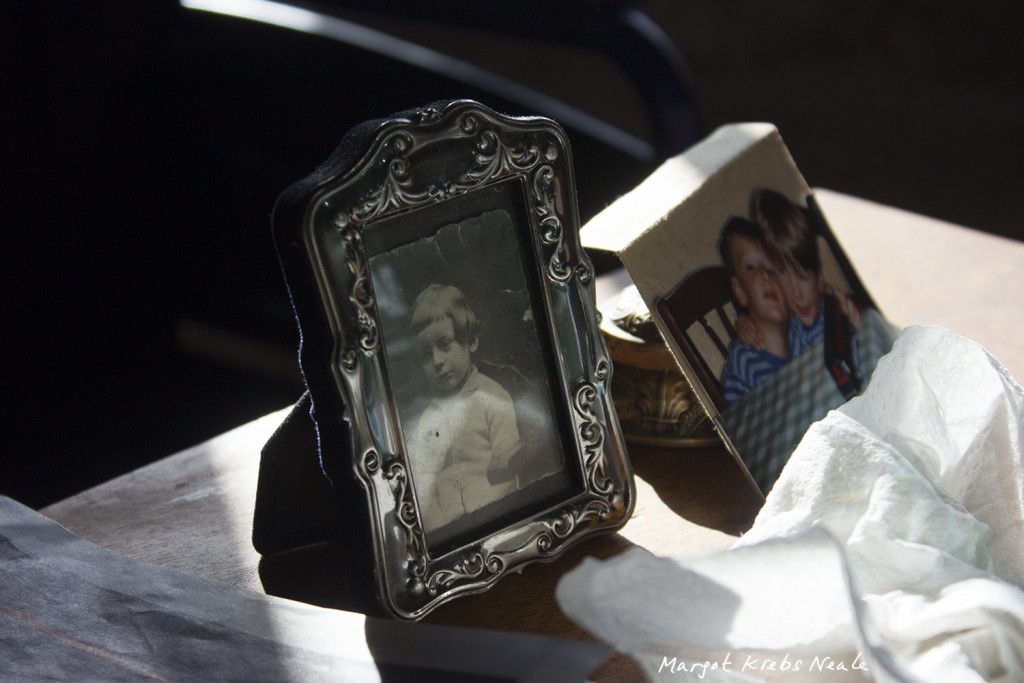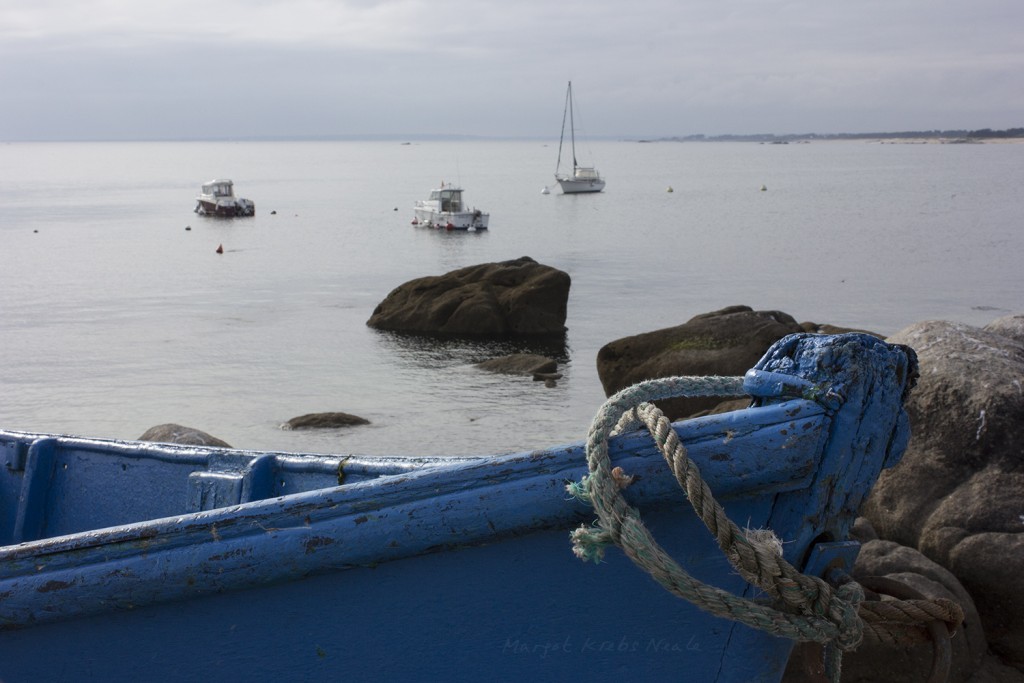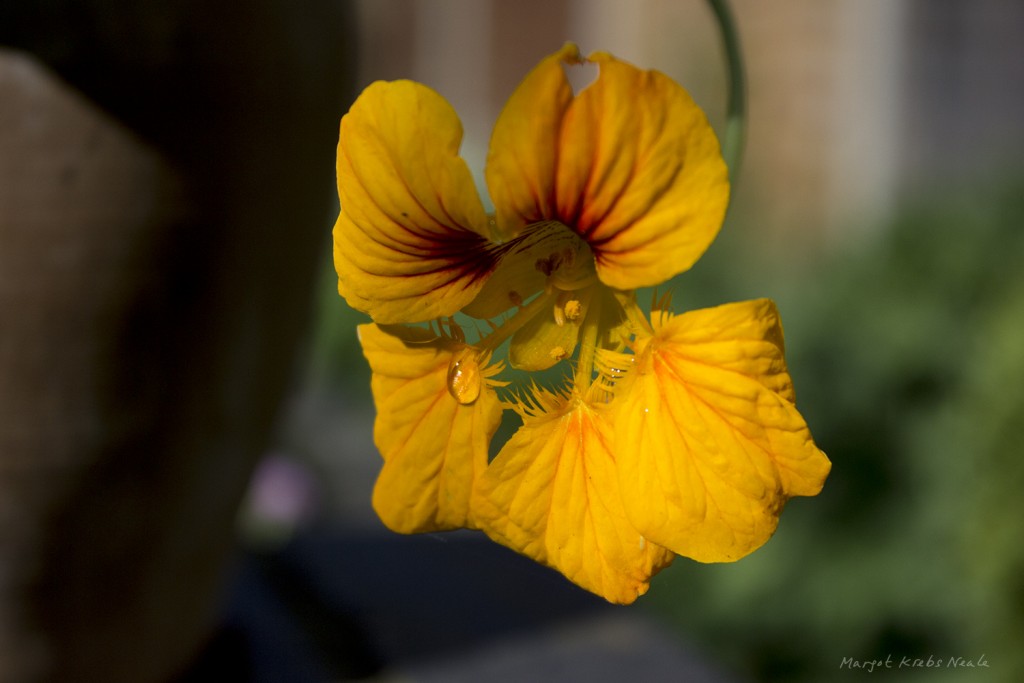Elle court, elle court, la maladie d'amour,
Dans le cœur des enfants de 7 à 77 ans.
Elle chante, elle chante, la rivière insolente
Qui unit dans son lit
Les cheveux blonds, les cheveux gris.
Elle fait chanter les hommes et s'agrandir le monde.
Elle fait parfois souffrir tout le long d'une vie.
Elle fait pleurer les femmes, elle fait crier dans l'ombre
Mais le plus douloureux, c'est quand on en guérit.
Elle court, elle court, la maladie d'amour,
Dans le cœur des enfants de 7 à 77 ans.
Elle chante, elle chante, la rivière insolente
Qui unit dans son lit
Les cheveux blonds, les cheveux gris.
Elle surprend l'écolière sur le banc d'une classe
Par le charme innocent d'un professeur d'anglais.
Elle foudroie dans la rue cet inconnu qui passe
Et qui n'oubliera plus ce parfum qui volait.
Elle court, elle court, la maladie d'amour,
Dans le cœur des enfants de 7 à 77 ans.
Elle chante, elle chante, la rivière insolente
Qui unit dans son lit
Les cheveux blonds, les cheveux gris.



